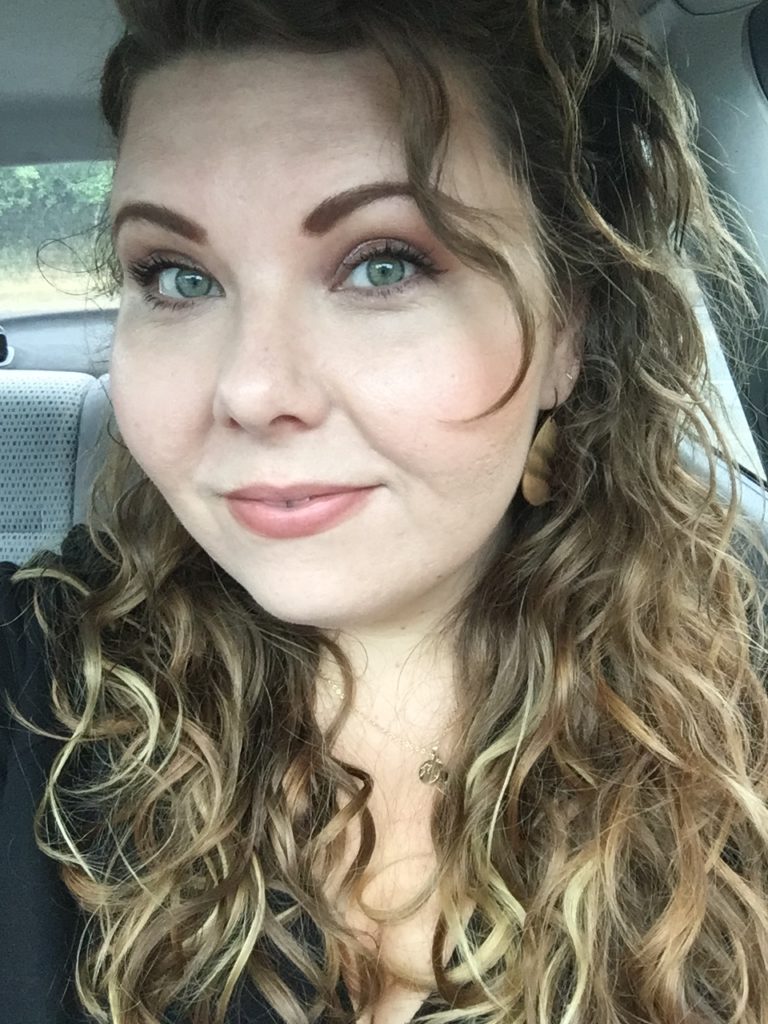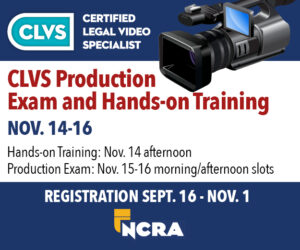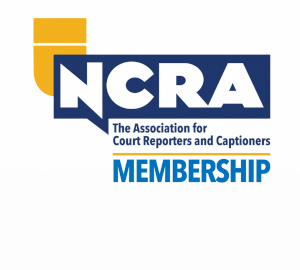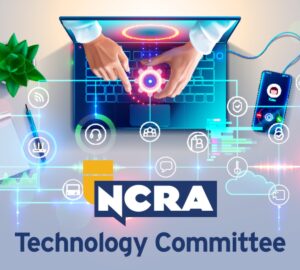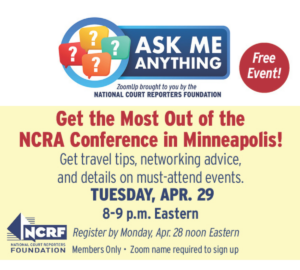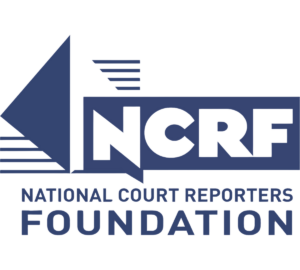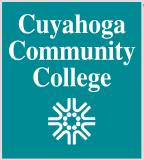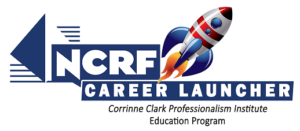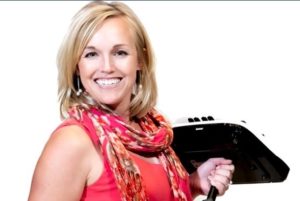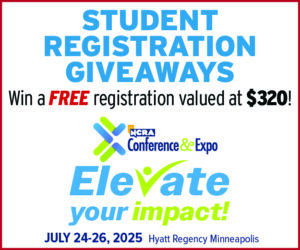Rachel Helm, RSR, a freelance court reporter from Poulsbo, Wash., found a way to get certified by her state even when its testing shut down due to the COVID-19 pandemic. She received her Registered Skilled Reporter (RSR) certification in November 2020, and Washington State gave her reciprocity for its Certified Court Reporter (CCR). Candidates seeking the RSR need to pass three, five-minute Skills Tests: RSR Literary at 160 words per minute, RSR Jury Charge at 180 words per minute, RSR Testimony/Q&A at 200 words per minute. Up-to-Speed spoke with Helm about her educational and testing experiences.
UTS | Can you talk a little about your background? How did you first get the idea of being a court reporter? Did you have another career before you started at Green River Community College in Auburn, Wash.?
RH | I started school in 2017 after working as a transcriptionist for about a year. Originally, transcription was supposed to be a side gig to get me by between jobs, but I found I loved the work. The only problem was I needed to be faster to earn any decent money, and I had already topped out at about 100 words per minute on QWERTY. I was researching all kinds of different ways to be faster, but when I learned about stenography and court reporting, I was sold. I enrolled in my local college and never looked back.
UTS | You have been out on several Zoom internships. What has that experience been like?
RH | Doing my internship over Zoom has been interesting. I don’t enjoy working from home, so that was never a goal of mine throughout school. Honestly, I started rethinking my decision to be a court reporter when it began to look like remote depositions would be the norm even after COVID. I don’t really want a spaceship home office, and the pictures people post of their setups with a million cords and wires everywhere make me a little twitchy.
But doing my internship over Zoom has helped me to face those fears and get used to the idea that this is how it’s going to be for a while. It’s also built my confidence, the way any internship will do, and I’ve been able to see how a variety of court reporters handle a deposition. I’ve probably been able to shadow a greater variety of jobs and reporters over Zoom than I would have if my internship had been in person.
UTS | What particular challenges has COVID brought to your court reporting education and how have you dealt with them?
RH | I’ve been online for the entirety of speedbuilding, so not a whole lot has changed for me personally. I do think that everyone being online has made our program more cohesive, and it’s given the online students a bit more connection than we otherwise would get as opposed to the brick-and-mortar students.
The biggest challenge has been all the what-ifs. I was gearing up to take our state’s exam this spring, and I was hoping to start working by the summer. Then everything closed down, the test was postponed (and then canceled), and everything I thought I knew was thrown out the window. It’s been a rough year, changing my expectations and working to catch up with this new world we find ourselves in.
UTS | What does passing the RSR certification mean to you? Can you share anything about your testing experience?
RH | Usually, the Washington State Department of Licensing (DOL) holds an exam twice a year, but because of COVID, there hasn’t been a test held since November of 2019. As a result, the DOL has opted to accept the RSR for reciprocity, which is fantastic news for students. Our state test has always been 200 testimony, so there’s just a little bit extra for us to do to get certified, but we can take the test every other month from the comfort of our own home. I know people have mixed experiences with Proctor U, but my testing experience was seamless.
So, the RSR has allowed me to start working when I otherwise wouldn’t have had the chance. I passed all three legs on the first try, and within a week of getting my results, I had my Washington CCR.
UTS | What is the best advice you’ve been given so far?
RH | Oh, there’s a bunch, but at the end of the day, don’t listen to anyone who says that their way is the only right way to get to 225. There are as many different methods to getting out of school as there are key combinations on a steno machine. As students, it’s our job to figure out what we need to succeed and implement it.
Personally, I survived school by remembering that my friends will still be there after I finish school. I’ve cut out a lot of socialization in order to finish in three years, and I’m so grateful that my friends have understood. Even though I’m not hanging out as much as I did three years ago, my friends have still been there (virtually) along the way to cheer me on. That’s what real friends do, and that also holds true with social distancing being the norm right now. Keep your chin up and keep going. You’ll make it, and your real friends will be there on the other side.
Also, test scores are just data. Use that data to inform your practice routines. Taking your test scores personally isn’t conducive to passing tests. Analyze the data and move on.
Lastly, don’t cut down on sleep. That’s always the first advice people give when someone asks how to make more time for practicing, and I disagree with it wholeheartedly. You need sleep to function and recover. Our brains and muscles do a lot of work in school, and I think getting up earlier or staying up later to practice is a mistake. Instead, stop watching TV. If you have five free minutes throughout the day, practice instead of scrolling Facebook. Ask your partner to be a more active parent so you can practice instead of making dinner or getting the kids ready for bed. There are a dozen ways to gain an extra hour in the day, and I think cutting down on sleep is the worst way to do it.
UTS | Where do you see yourself in five years?
RH | Well, I want to get my Registered Professional Reporter (RPR) certification in 2021, and I’d like to start providing realtime in the next two or three years. Ultimately, my goal is to be a congressional reporter, so in five years, I’d like to be working as an official and continuing to build skills and experience that will help to get me to that goal down the road.
UTS | Is there anything else you would like to share about yourself?
RH | There’s not much to share. Steno’s been my whole life for three years, and now that I’m ready to start working, I’m hoping I can become interesting again. ? Before I started school, I was active in my local pinball community, and I played in a bar league every Monday night. That’s probably what I’m most excited to start doing again once the world goes back to normal-ish.
More information about the RSR can be found here.
Rachel Helm, RSR, is a student at Green River College in Auburn, Wash.
